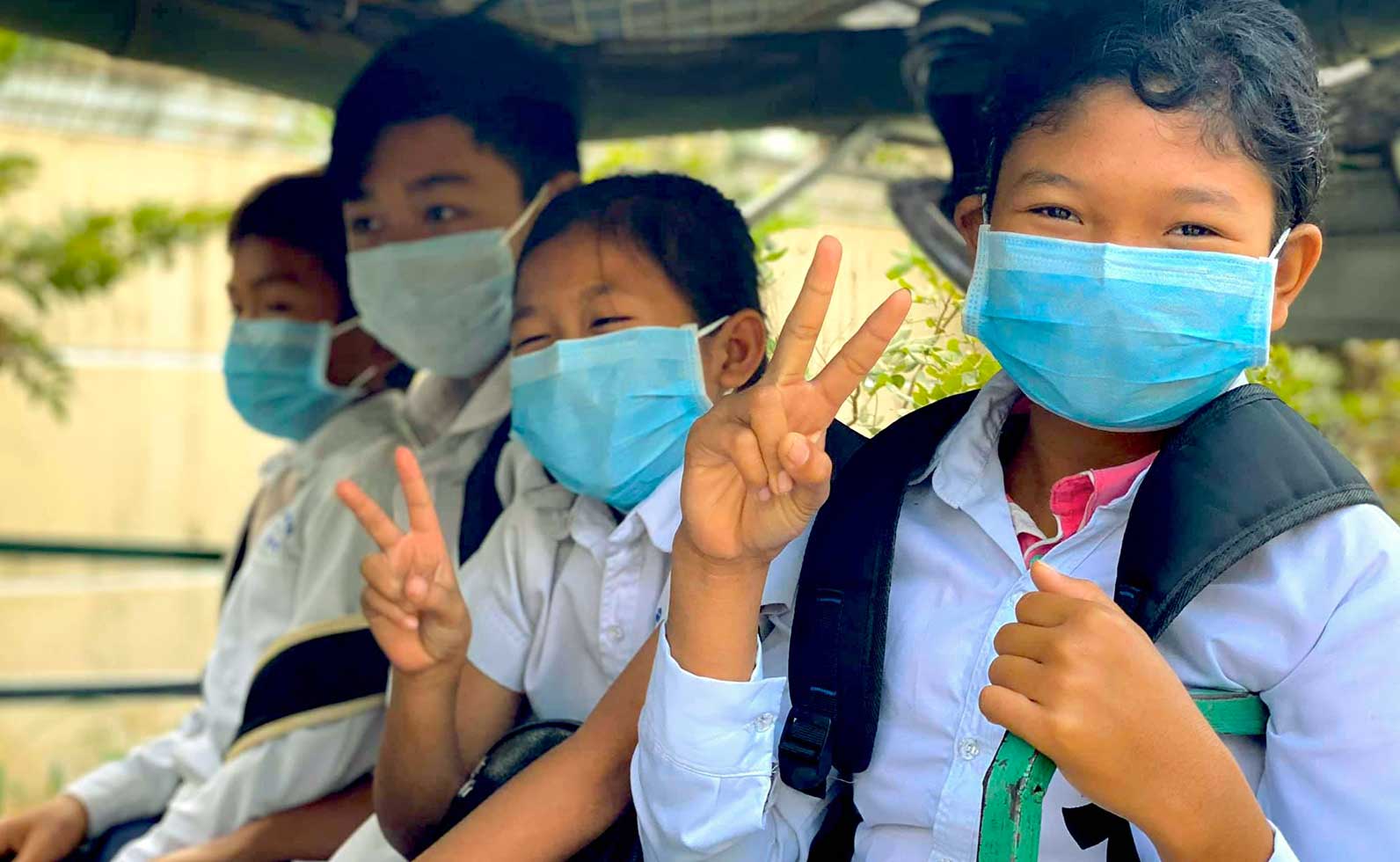
T1D Info
Healthcare Professionals
About Us
COVID-19 and Type 1 Diabetes
Edited: 14.07.2025

Having Type 1 Diabetes does NOT make you more susceptible to contracting COVID-19. This is a common misconception about COVID and diabetes.
Based on current scientific research there is no evidence that people with Type 1 Diabetes are at higher risk for contracting COVID-19.
Anyone can contract COVID-19 and should follow precautions as advised by your local medical teams and government. This includes being up to date with vaccinations and wearing a mask when needed. The pancreas makes a hormone called insulin which helps the glucose get into the body's cells. This gives our body the energy it needs to live.
The virus could make it harder to manage blood glucose levels and therefore create a risk for diabetic ketoacidosis (DKA).
In case you encounter the following symptoms, please contact your doctor:
vomiting
diarrhea for > 6 hours
shortness of breath
fever that won’t go away after a couple of day
experiencing hypoglycaemia
Monitor your blood glucose more than usual. As often as every 4 hours. This is because COVID and diabetes affects the body at the same time, so you'll need to be extra mindful of your blood glucose levels.
Be aware of any signs that diabetic ketoacidosis is occurring.
If you have vomiting, contact your doctor, and go to hospital as soon as you can.
Do not stop insulin.
Stay hydrated.
Be careful with the medications you take to treat symptoms of COVID-19 as they may affect your blood glucose levels:
Beyond insulin, many over the counter (OTC) medications also affect blood glucose levels.
Be aware – Many cough syrups on the market contain sugar, which will increase blood glucose levels. Find a sugar-free syrup or an oral pill as an alternative.
Medicines that help ease a blocked or stuffy nose also raise blood glucose levels
Be aware of the effects of medication such as Aspirin (painkiller) in large doses can lower blood glucose levels and Ibuprofen (anti-inflammatory) should also be handled with care as it increases the hypoglycaemic effect of insulin.
If you feel very unwell because of COVID-19:
With COVID-19, doctors urge them to seek help if they have trouble breathing, persistent pain or pressure in the chest, confusion or an inability to be conscious or have blue lips or face.
Be vigilant about keeping your blood glucose levels in a normal range, as increased blood glucose levels correspond with poorer health outcomes for those who contract COVID-19.
If you end up at the emergency room, it is vital that you mention that you have Type 1 Diabetes.
If you think you have Diabetic Ketoacidosis (DKA):
If you are worried that you may be showing signs of diabetic ketoacidosis, do not wait and seek help immediately.
Symptoms of diabetic ketoacidosis include; feeling very thirsty and frequent urination, being sick, tummy pain, fruity breath, fast breathing, feeling sleepy or confused and losing consciousness.
If left untreated, diabetic ketoacidosis can lead to death.